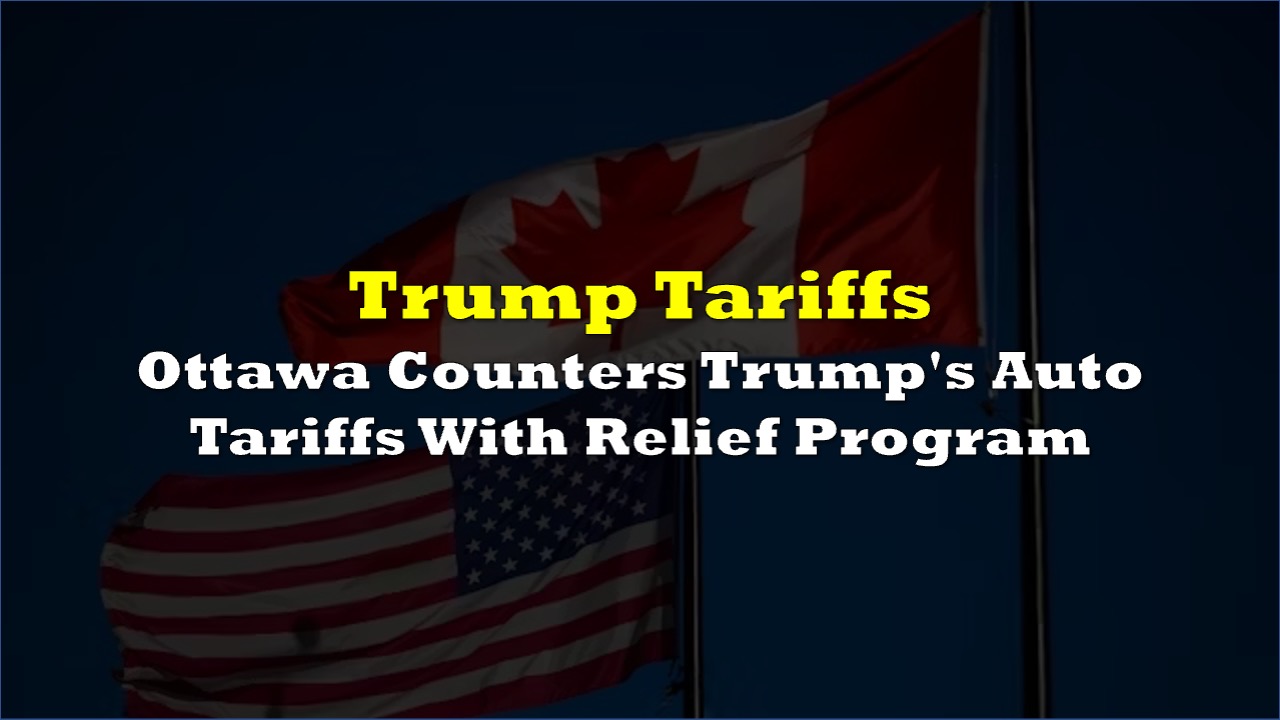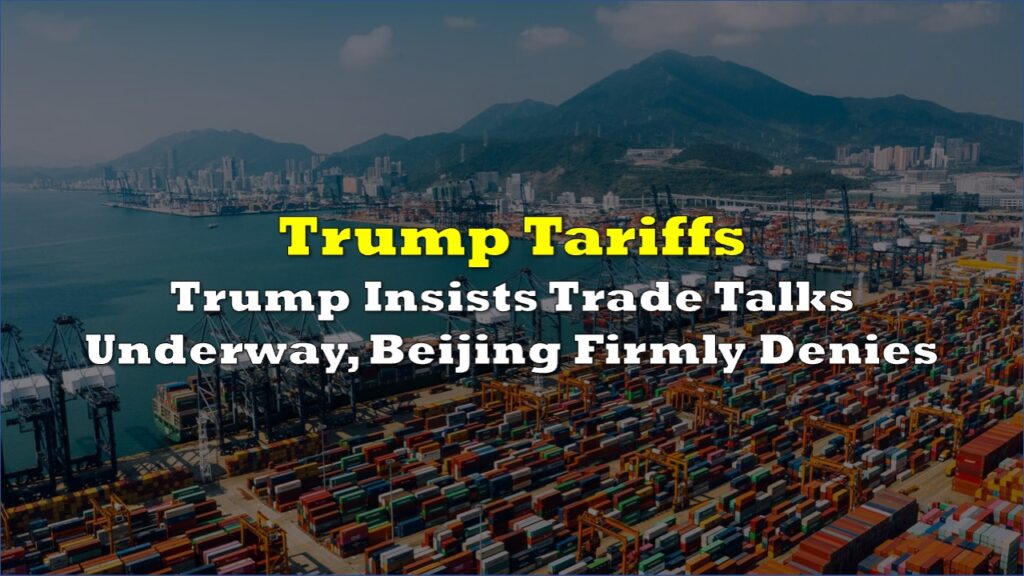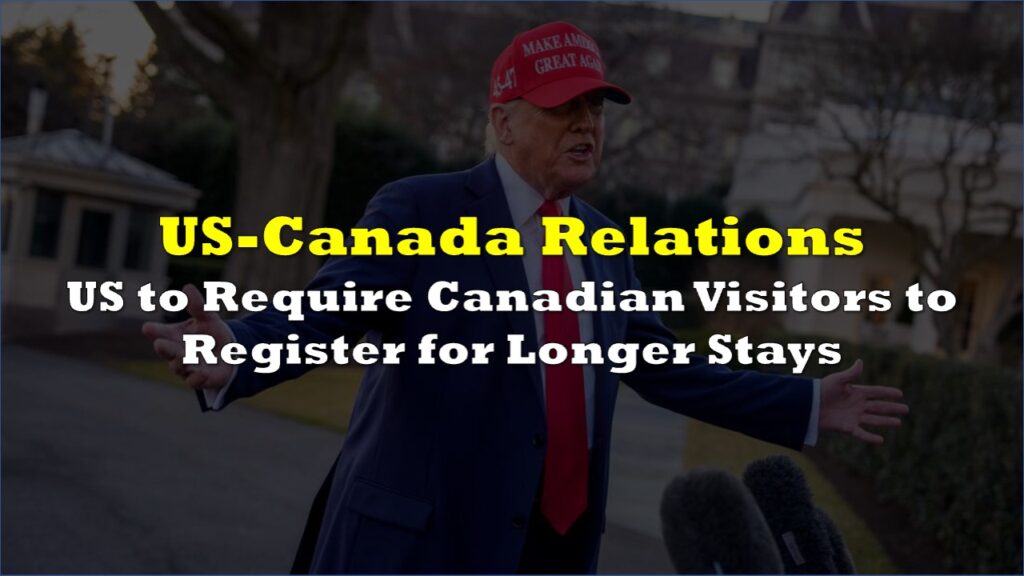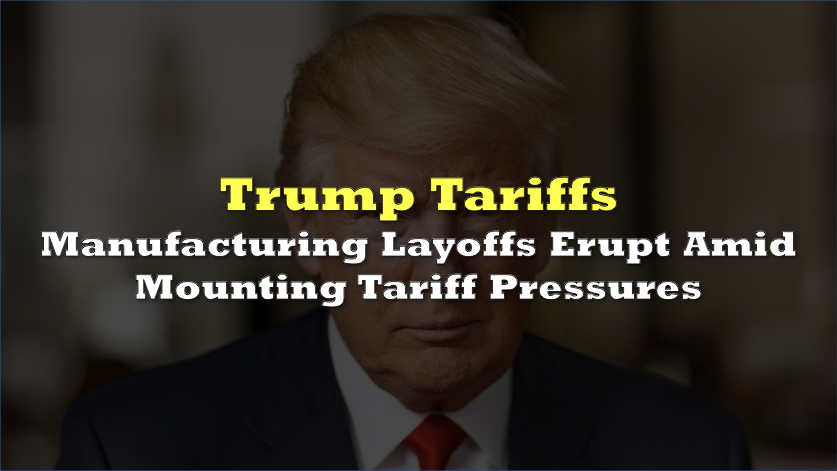Canadian officials unveiled a plan Tuesday to exempt car manufacturers with ongoing operations in Canada from certain retaliatory duties, as cross-border trade tensions escalate with the United States.
Finance Minister François-Philippe Champagne revealed that vehicle makers can bring in specific quantities of US-built automobiles without facing Canada’s countermeasures, provided the vehicles meet requirements under North American trade agreements.
According to government sources, manufacturers that reduce their Canadian production or investment levels will see their duty-free import allowances decreased accordingly.
This policy follows US President Donald Trump’s April 3 decision to place 25% duties on foreign automobiles entering the US, with limited exceptions for vehicles produced under the continental trade framework.
Speaking while campaigning in Montreal, Prime Minister Mark Carney emphasized the interconnected nature of North American auto manufacturing.
“The North American automobile sector is the most integrated industrial manufacturing sector in the world, particularly the Canadian-US auto sector,” Carney stated. “President Trump’s tariffs are an attempt to pull apart that integration and the benefits that come from that integration.”
The Canadian government also introduced additional economic safeguards, including a temporary half-year suspension of duties on American goods utilized in Canadian manufacturing, food processing, and essential services sectors.
Other political leaders weighed in during campaign events in Montreal. Conservative Leader Pierre Poilievre stated Trump “deserves nothing but condemnation for the unfair targeting of Canada.”
NDP Leader Jagmeet Singh advocated for stronger measures, saying Canada must work to get Trump’s tariffs removed and strengthen the domestic automobile industry.
Automakers continue responding to the uncertain trade environment. Honda issued a statement Tuesday refuting speculation about production changes at its Alliston, Ontario facility, confirming operations will continue at full capacity.
Auto parts-related tariffs are scheduled to begin by May 3, though Carney mentioned ongoing discussions with automotive executives across North America and internationally.
Market research shows significant public concern about the economic impact of these trade policies. A Leger survey found that 87% of Canadians anticipate the tariffs will affect their personal finances, compared with 79% of Americans expressing similar concerns.
Information for this story was found via the sources and companies mentioned. The author has no securities or affiliations related to the organizations discussed. Not a recommendation to buy or sell. Always do additional research and consult a professional before purchasing a security. The author holds no licenses.









